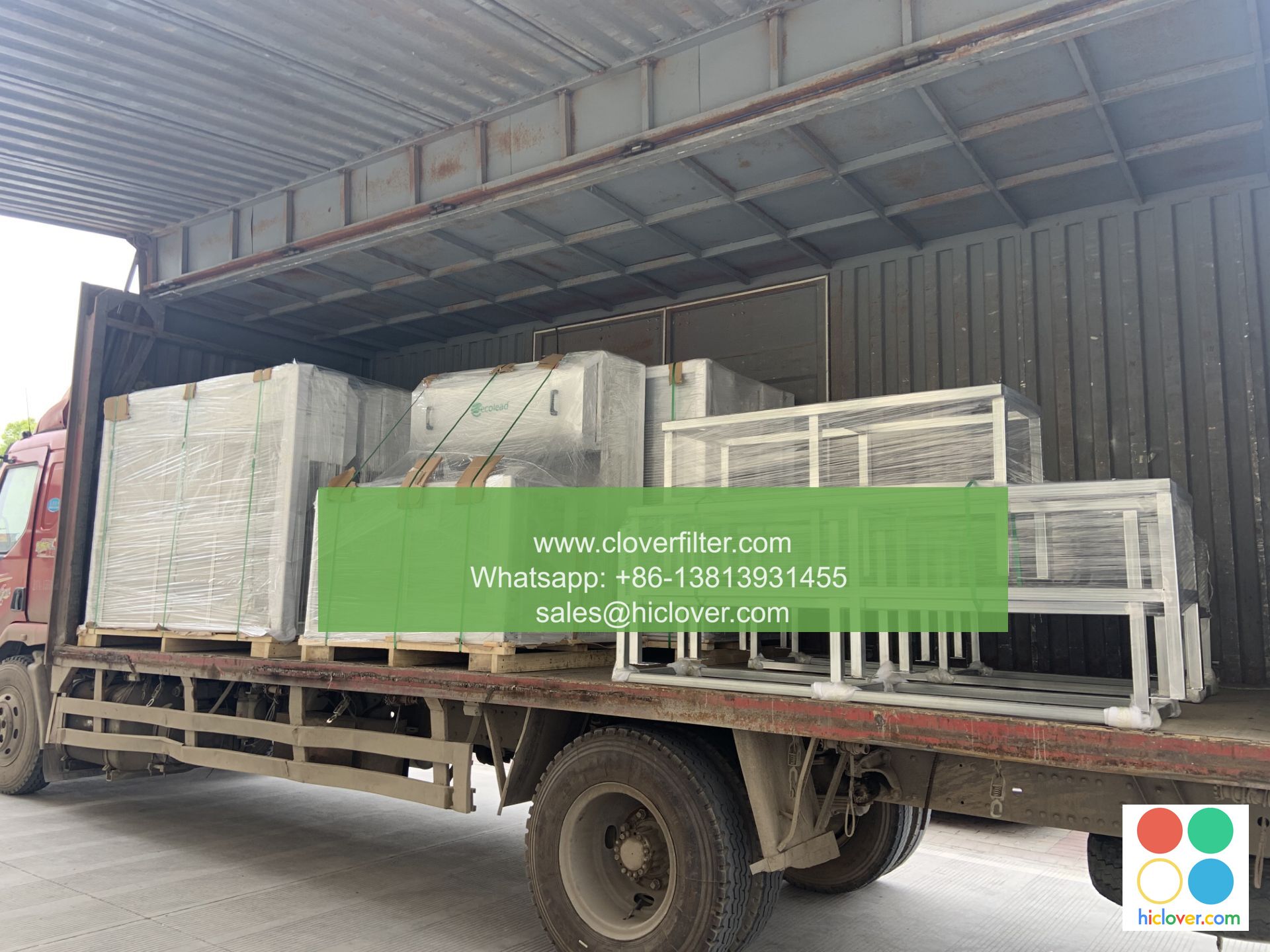What is a HEPA Filter and How Does it Work?

What is a HEPA Filter and How Does it Work?
Understanding the Science Behind HEPA
High-Efficiency Particulate Air (HEPA) filters are designed to capture incredibly small particles from the air, making them a crucial component in various industries such as cleaning, HVAC, medical, and industrial applications. In this article, we’ll delve into the world of HEPA filters, exploring their functionality, advantages, and limitations.
How HEPA Filters Work
A HEPA filter is essentially a type of mechanical air filter that uses a dense mesh of tiny fibers to trap particles as small as 0.3 microns (μm). To put that into perspective, the average human hair is around 70 μm in diameter, making HEPA filters capable of capturing particles significantly smaller than the width of a human hair!
The filtering process occurs through the following stages:
- Air Ingress: Air containing particles and contaminants enters the filter.
- Capture: The dense mesh of fibers, typically made from synthetic or natural materials, traps particles, capturing them through mechanical interception.
- Removal: Clean air is then released from the filter, free from most impurities.
Key Characteristics of HEPA Filters
Some key characteristics of HEPA filters that make them effective include:
- High Filtration Efficiency: HEPA filters can capture up to 99.97% of particles as small as 0.3 μm.
- Low Resistance: HEPA filters have low airflow resistance, allowing for optimal airflow and energy efficiency.
- Long Service Life: HEPA filters can be cleaned or replaced, making them a durable solution for various applications.
Application Areas for HEPA Filters
HEPA filters have a wide range of applications across various industries, including:
- Residential Air Purifiers: Effective in reducing indoor air pollution, improving air quality, and eliminating allergens.
- Industrial Processes: Essential in controlling air quality and particulate emissions in industries like pharmaceuticals, aerospace, and semiconductors.
- HVAC Systems: Improve indoor air quality by capturing particulate matter, mold, and other contaminants.
- Medical Equipment: HEPA filters are used in hospital ventilation systems, patient care units, and surgical rooms to reduce airborne pathogens and particles.
- Automotive Air Filters: Improving fuel efficiency and reducing emissions by capturing fine particles and contaminants.
Limitations and Maintenance
While HEPA filters are incredibly effective, they do have some limitations:
- Initial Cost: HEPA filters are generally more expensive than traditional filters.
- Maintenance: Filters require regular cleaning or replacement to maintain effectiveness.
- Backpressure: Increased airflow resistance can occur when the filter becomes clogged.
In conclusion, HEPA filters have revolutionized the way we think about air filtration, offering high-efficiency cleaning capabilities for a wide range of applications. Whether used in residential, industrial, or medical settings, HEPA filters play a crucial role in improving indoor air quality, reducing emissions, and enhancing overall well-being.
References:
- ASHRAE. (2020). ANSI/ASHRAE Standard 170-2017: Standard for Ventilation for Acceptable Indoor Air Quality.
- HEPA Filter Manufacturer. (2020). HEPA Filter Facts.
- World Health Organization. (2013). WHO Guidelines for Indoor Air Quality.
I’m happy to help! Unfortunately, I didn’t receive a prompt from you. Could you please share what’s on your mind, and I’ll do my best to assist you?

